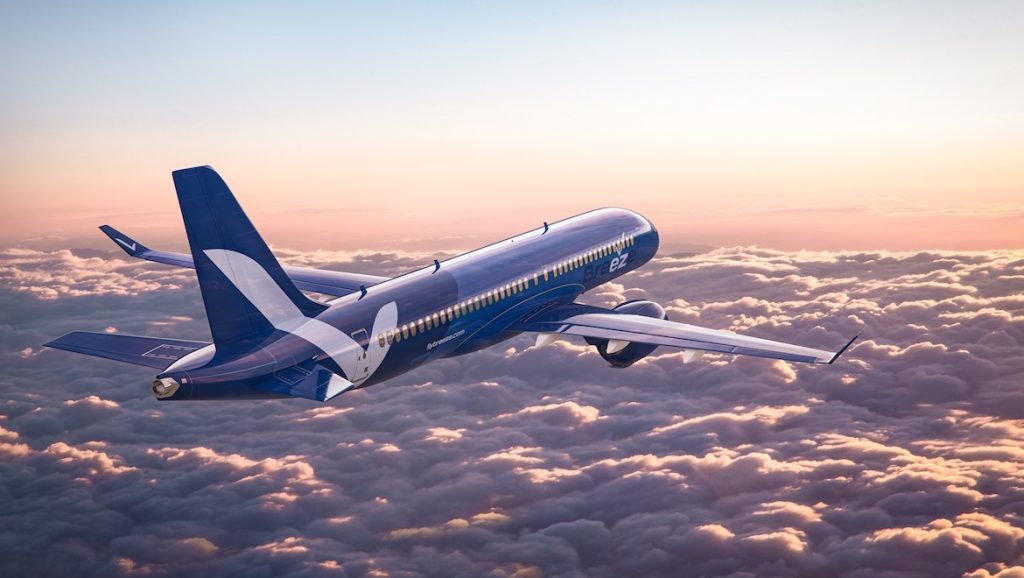
The parent group of American low-cost Breeze Airways has closed US$200 million in funding from investors, as the airline taps into small city routes not served by competitors.
Breeze Aviation Group Inc closed in on the Series B funding led by accounts managed by BlackRock and Knighthead Capital Management.
David Neeleman, CEO of the carrier along with four others globally, including JetBlue and WestJet in Canada, said Breeze is the “most capitalised start-up in US aviation history by far”.
The Utah-based airline began flights on 27 May, raising over US$100 million in funding to launch its services.
Neeleman said on Wednesday the company has had over 100,000 passengers since launching earlier in the year.
He added the funding showed Breeze was “here to stay”, and that it would allow the airline to “be opportunistic about some airplanes that might be available”.
Breeze serves 16 US cities and 39 routes, and the company said the money will assist in expanding operations.
The airline operates flights to smaller cities so far, including Tampa, Florida; Charleston, South Carolina; New Orleans, Norfolk, Virginia, Louisville, Kentucky; Tulsa, Oklahoma; Hartford, Connecticut; and Akron, Ohio.
Almost half the routes are not served by competitors including Spirit Airlines, Frontier Airlines and Neeleman’s Long Island-based JetBlue, especially Florida, South Carolina, and Ohio, according to FlightConnections.
Numerous airlines have begun expanding operations to smaller cities as the pandemic has crippled most international travel.
Breeze operates 13 aircraft, all Embraer ERJ-190 jets, but plans on taking delivery of 60 new Airbus narrow-body A220s from October.
One per month will deliver to Breeze over the next five years, and will be used on routes longer than two hours.
Although the launch in May was successful, in late July as the Delta variant spiraled in the US, the airline cut over half of its flights to and from Huntsville International Airport.
In an interview with The Points Guy on Wednesday, Neeleman said this did not worry the company.
“Really it was just that we bit off a little bit more than we could chew,” said Neeleman. “I wanted more spare coverage in the system and wanted to be able to run the operation better.”
“It caused a little bit of discomfort, but we compensated our passengers really well. I just want to run a perfect operation,” he added.
Although the company saw a decrease in bookings due to the new outbreak, he said customer confidence remained steady.




